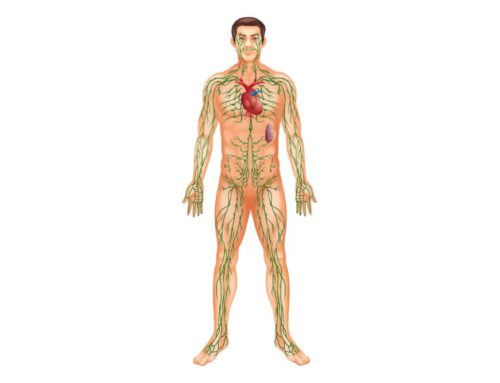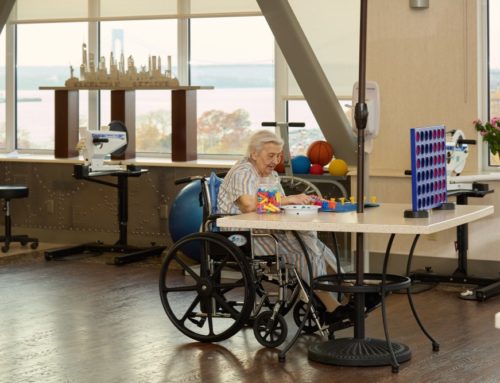While most spinal birth defects are rare, an abnormal opening in the back can have significant long-term health challenges. In medical terms, the condition is referred to as spina bifida, a form of neural tube defect which causes the neural tube not to close properly.
The degree to which it can impair motion and independence will depend on several factors, among other things the severity, type, and overall health of the person. The sooner they start treatment and therapy, the better their outlook will also be.
As such, it’s key that people with spina bifida receive rehab and physical therapy. Not only can it help them to improve their movement, but, in the long run, it can also help to prevent related complications.

What causes an abnormal opening in the back?
The exact cause of spina bifida is still unknown. It’s believed that both genetic and environmental risk factors are involved. Nutrition is also thought to play a crucial role with medical professionals attributing it to a deficiency in folate (also known as vitamin B9). Some medications might also hinder the body’s ability to process folate.
It’s also believed that pregnant women suffering from diabetes are at greater risk of giving birth to a baby with this condition. Obesity before and during pregnancy is also linked with a higher risk.
Can spina bifida affect motor skills?
There’s a risk that nerves can get damaged which can lead to lower limb paralysis. Other challenges associated with abnormal opening in the back are dislocated hips, spinal curvatures, or tightness in the knees or ankles. The majority of people suffering from this condition will need assistive devices to help with walking, like leg braces, walkers, or wheelchairs.
Fine motor skills can also be impacted. Research has revealed that some might find coordination difficult, making everyday activities like tying shoelaces or fastening buttons more challenging.
Does it affect cognitive ability?
Most research reveals that patients’ IQs fall in the normal range. However, it’s typically lower than the general population’s IQ.
IQ aside, it’s common for people with abnormal opening in the back to experience learning difficulties. They can find it harder to pay attention, solve problems, and organize.
Communication can also be challenging. They might have a harder time reading. Aside from written communication, spoken language can also be challenging to understand, especially in a group context.
Their own very fluency might also be hampered, making their communication unclear. As such, in some cases, speech therapy, in addition to occupational therapy, is needed to help with speech.
An abnormal opening in the back doesn’t need to mean that adults will leave abnormal lives. While the severity will impact the quality of life, the care that they receive will play an important role too.
Thanks to advances in medicine and available treatments, adults with this condition in the back can lead satisfying lives. One of the biggest challenges, though, is to learn how to take care of yourself. However, with proper planning and ensuring that there’s a smooth transition from childhood into adulthood, this becomes less challenging.
This content comprises informative and educational resources only and can not be considered as a substitute for professional health or medical guidance. Reliance on any information provided in this article is solely at your own risk. If you have any inquiries or apprehensions about your medical condition or health goals, talk with a licensed physician or healthcare provider.






Leave A Comment